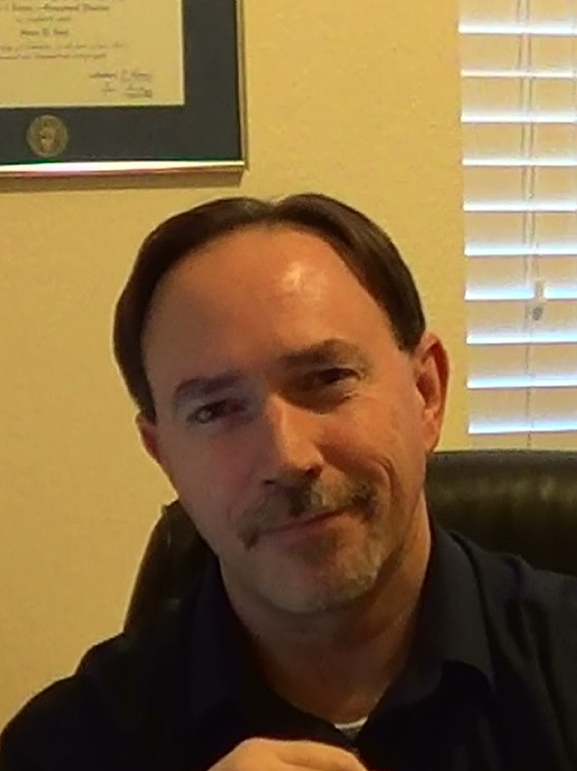
Saturday Jun 09, 2018
Revelation 2:1-7
Ephesus was the Roman capital city of Asia Minor. “Paul had evangelized it and used it as a base of operations for at least three years (Acts 18:19–21; 19; 1 Cor. 16:8). Timothy had labored there (1 Tim. 1:3) as had the Apostle John.”[1] Jesus identifies Himself as the One who is present at the church at Ephesus and knows their deeds, that they do not tolerate evil men and test and reject those who falsely call themselves apostles (Rev. 2:1-2). He also recognizes their faithful perseverance during persecution (Rev. 2:3). However, in spite of their doctrinal purity and faithfulness, they had “left their first love” (Rev. 2:4). Jesus tells them to remember, repent (twice), and return to practicing the deeds they did at first (Rev. 2:5a). Christian love motivates us to good deeds, and good deeds fan the flames of love. Refusal to love will result in the removal of their lampstand, which is a picture of judgment upon a stagnant church (Rev. 2:5b). Christ then offers praise for their hatred of the deeds of the Nicolaitans, a group that promoted acceptance of pagan religions, which has no place in the Christian church. Jesus then calls them to hear what the Holy Spirit says to the churches, “To him who overcomes, I will grant to eat of the tree of life which is in the Paradise of God” (Rev. 2:7). In one sense, we overcome the world by our faith in Jesus (1 John 5:4-5), and in another sense we overcome the world as obedient-to-the-word believers who live by faith (Jam. 1:22; Heb. 11:33; Rev. 21:7).
[1] Tom Constable, Tom Constable’s Expository Notes on the Bible (Galaxie Software, 2003), Re 2:1.
No comments yet. Be the first to say something!